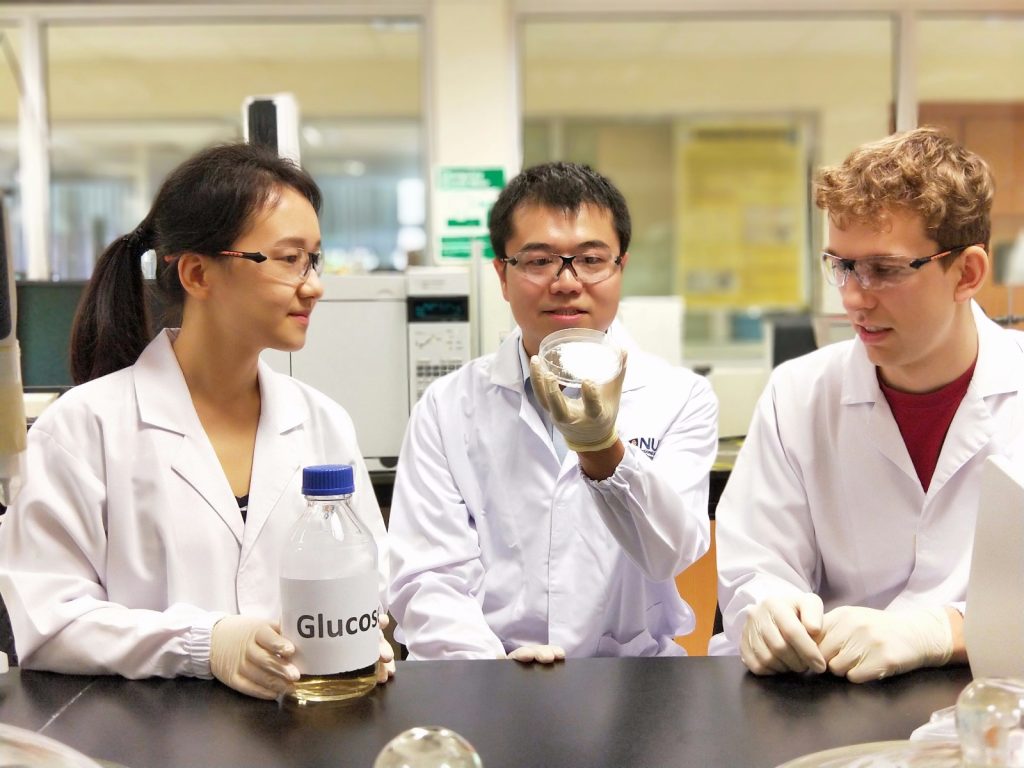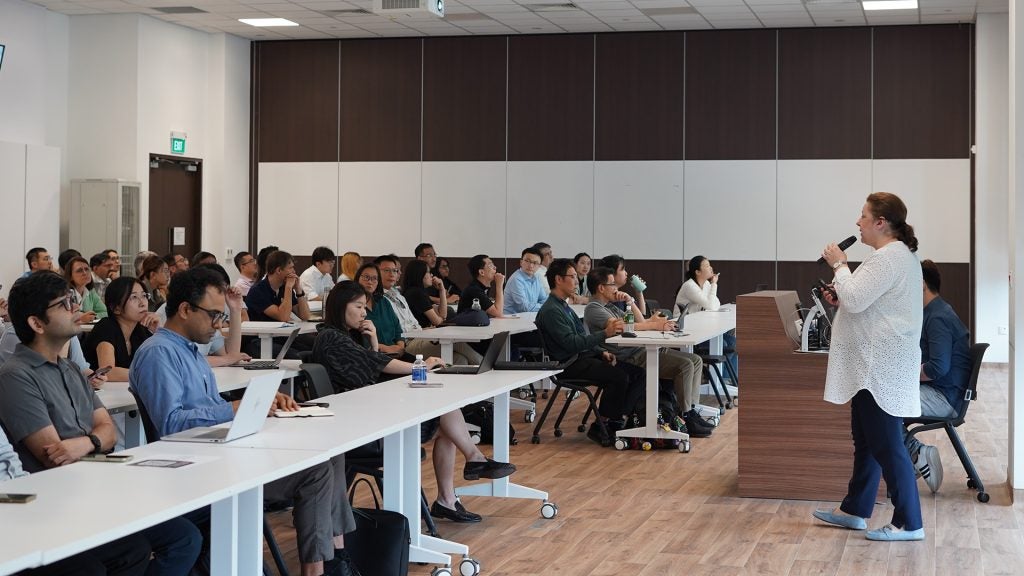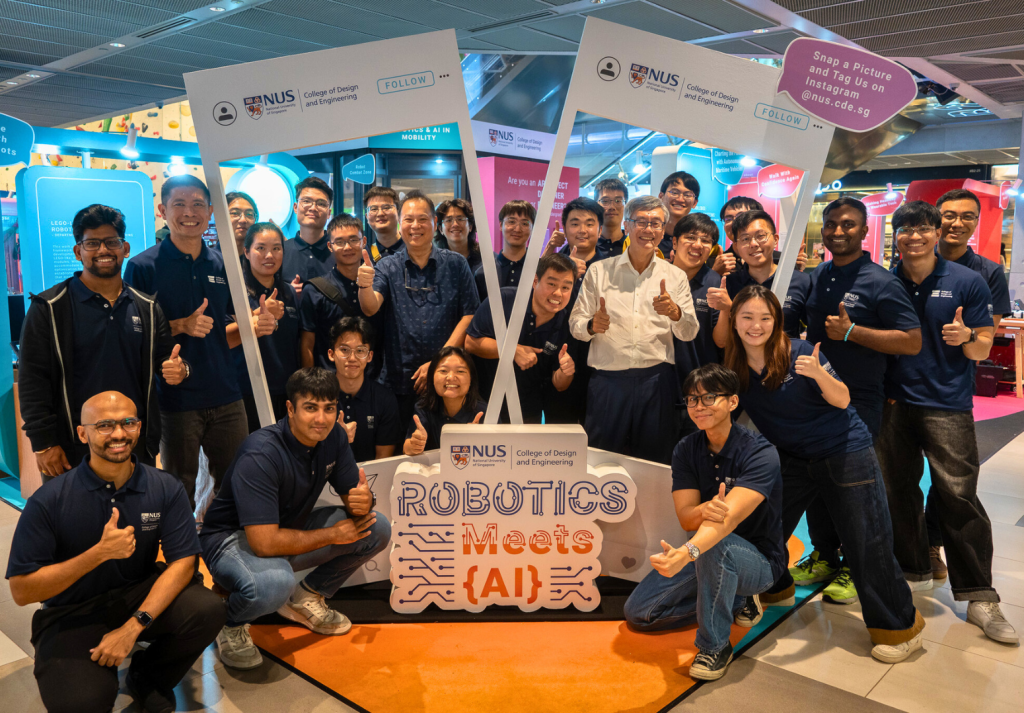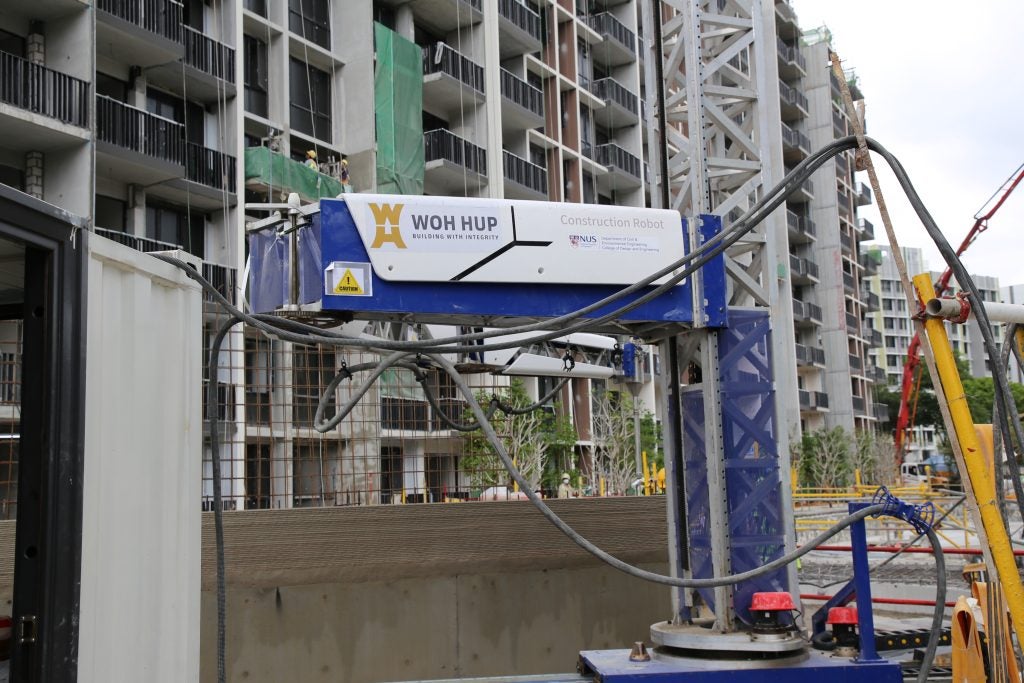Amino acids are essential to life and are produced through microbial cultivation processes such as fermentation, which are costly, time consuming and require extensive separation processes.
A new research breakthrough by Assoc Prof Yan Ning from NUS Chemical & Biomolecular Engineering and his team is capable of producing a series of amino acids from woody biomass derivatives, such as grass, straw and wood chips from agricultural waste. The approach is faster and cheaper; traditional methods of producing amino acids such as fermentation are costly, time consuming and require extensive separation processes. The team's new sustainable approach can produce at least six types of amino acids, including leucine, alanine, aspartic acid and phenylalanine.
"We envisage farmers and industries that rely on amino acids to benefit most from our breakthrough. Our new chemical method of amino acids production is much faster, and it is also more stable and sustainable than current microbial cultivation processes. We do not need to rely on microorganisms or bacteria that require strict sterile conditions for the lengthy conversion of glucose into amino acids and we can use agricultural wastes as a form of cheap and sustainable starting raw material. Moreover, the remaining woody biomass left behind after the glucose extraction can be further processed into products such as pulp and paper," Assoc Prof Yan added.
The work is a collaboration with Prof Wang Ye's research group at Xiamen University, along with scientists from Kyoto University in Japan, King Abdullah University of Science and Technology in Saudi Arabia, National Renewable Energy Laboratory in USA and the Institut des Sciences et Ingénierie Chimiques in Switzerland.The team's research findings were published in the Proceedings of the National Academy of Sciences of the United States of America (PNAS) earlier this year.
Assoc Prof Yan and his team are currently further optimising and testing the system to develop even more varieties of amino acids that are high in industry demand. He is also working on another project that investigates the direct conversion of plant-based biomass to amino acids of high value such as tyrosine and L-DOPA. Tyrosine and L-DOPA are precursors for neurotransmitters such as dopamine and adrenaline which play an important part in the body's sympathetic nervous system. They can be used to treat Parkinson's disease, among other applications.






